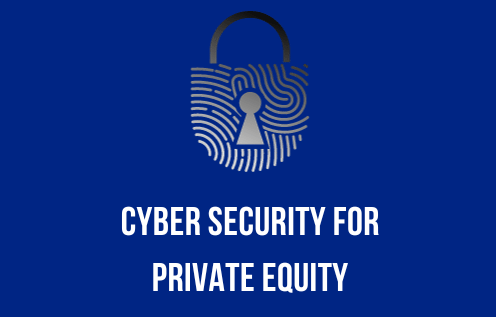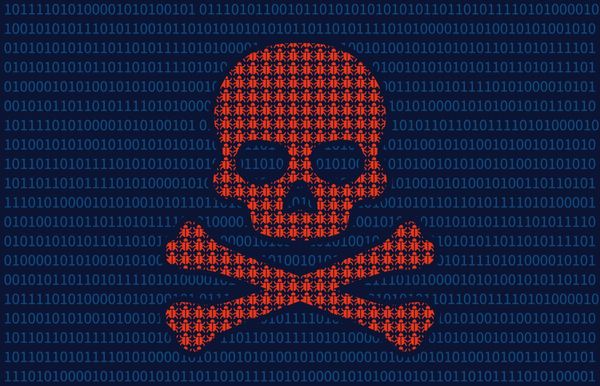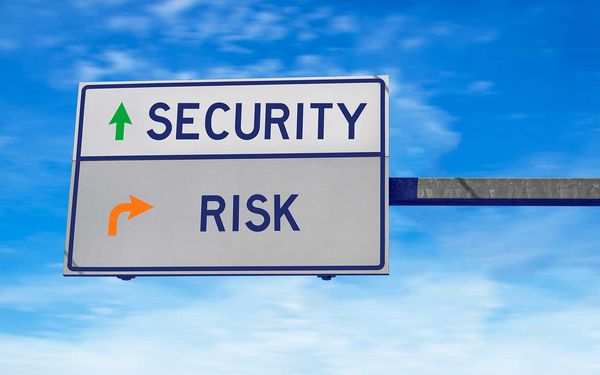Why Private Equity Firms Should Invest in Cybersecurity
Private equity companies are not only prime targets for malicious entities due to the extensive personal and financial information they oversee but also face significant risks from ransomware attacks that threaten system availability. ughout the organization.

Rising Threats Against Private Equity Firms: Safeguarding Through Cybersecurity Investment
Private equity and their portfolio companies are not only prime targets for malicious entities due to the extensive personal and financial information they oversee but also face significant risks from ransomware attacks that threaten system availability. It is imperative for these firms to bolster their cybersecurity defenses, prioritize system resilience, and instill a strong culture of security awareness throughout the organization.
"The financial sector frequently faces threats from organized crime, primarily through phishing, hacking via stolen credentials, and ransomware."
Common attack methodologies aimed at private equity firms can pose significant risks to the organizations, their portfolio entities, and their investors:
Ransomware
Ransomware has emerged as the most formidable threat to private equity firms due to its direct impact on financial assets and operations. These malicious attacks encrypt critical data, holding it hostage until a ransom is paid, often leading to substantial financial losses.
Additionally, the downtime and operational disruption caused by ransomware can severely undermine the value and trustworthiness of portfolio companies. Given the vast financial and confidential data that private equity firms handle, they become prime targets for such cyberattacks.
Phishing and Social Engineering
Social engineering stands out as a significant threat to private equity firms due to its manipulative nature and reliance on human vulnerabilities. These deceptive tactics trick individuals into revealing confidential information or performing actions that compromise security.
Given that private equity firms manage extensive financial and proprietary data, any breach resulting from social engineering can lead to substantial financial losses and reputational damage. Moreover, the trust and credibility of portfolio companies and investors are at stake when employees fall victim to such schemes.
Wire Fraud and Financial Theft
Wire fraud and monetary theft via cyberattacks have become prominent concerns for private equity firms. With vast financial transactions occurring regularly, these firms are enticing targets for cybercriminals looking to intercept or redirect funds illicitly.
The sophisticated nature of these attacks, often involving manipulative tactics like spear-phishing or fake invoices, can lead to substantial financial setbacks. Beyond the immediate monetary loss, such breaches can erode the trust of investors and portfolio companies, potentially jeopardizing future investments and collaborations.
Securing the Future: Why Private Equity Firms Can't Ignore Cybersecurity
In the rapidly evolving digital landscape, private equity firms stand at a critical juncture. While their significant capital and data holdings make them lucrative targets for cybercriminals, the stakes are amplified by the inherent vulnerabilities of their portfolio companies. These portfolio entities, often spanning diverse sectors, may lack the resources or expertise to implement robust cybersecurity measures, making them susceptible gateways for wider attacks on the parent firm.
A breach in any of these companies not only affects their individual valuation but can also cascade into reputational damage and financial losses for the overarching private equity firm.
The relationship between private equity firms and their portfolio companies necessitates a collective approach to cybersecurity. Ensuring that every entity within the investment umbrella is fortified against cyber threats becomes paramount. This not only preserves the integrity and financial health of individual companies but also solidifies the reputation and trustworthiness of the private equity firm in the eyes of stakeholders and investors.
Bolstering cybersecurity and resiliency is a dual responsibility - safeguarding the firm's present while ensuring a secure foundation for its portfolio's future growth and success.



